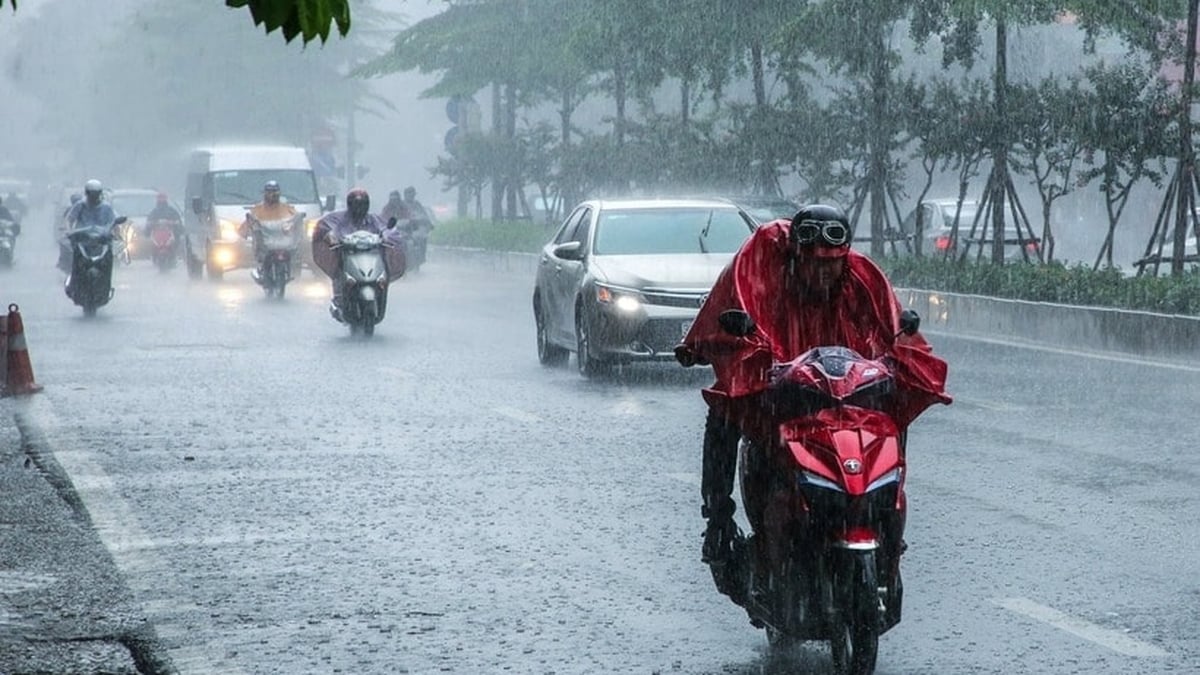 |
| Consumer loans at Mcredit |
15/16 licensed finance companies in Vietnam are operating and have outstanding consumer loans of about VND 138,800 billion, accounting for about 5% of total outstanding loans for living needs.
Alarming bad debt at financial companies
Capital from credit institutions has partly met the consumption needs, served the people's lives, production and business activities, contributed to stimulating demand, supporting economic growth and partly narrowing the scale and impact of black credit. However, as of the end of February 2024, the growth rate of outstanding credit in the whole economy did not meet expectations, in which outstanding credit loans serving living needs decreased by more than 28%, reaching only VND 2,890 trillion, accounting for 17.3% of the total outstanding credit in the economy.
According to Vice President - General Secretary of the Vietnam Banking Association Nguyen Quoc Hung, the reason is that the demand for consumer credit has decreased in the context of difficult economic growth affecting the income of individuals and households, increasing the need for savings to prepare for the future and reducing the need for bank loans to expand spending. In addition, recently, types of loans via apps have exploded with relaxed lending conditions, simple and quick procedures, no need for collateral, ... attracting people to borrow via apps without going to the bank.
Mr. Hung said that the quality of consumer credit is developing in a negative direction. Statistics from the State Bank of Vietnam show that the bad debt ratio in consumer credit tends to increase, reaching about 4.1% by the end of February 2024, while from 2018 to 2023 it was only about 3%. In terms of bad debt in outstanding consumer loans, it is about 3.7%, while in 2022 it is about 2%. Regarding bad debt at financial companies, although it has decreased slightly from 15% at the end of 2023 to about 14.63% now, it is still at an alarming level.
"Increasing bad debt is not only due to objective factors and general difficulties of the economy, but also subjective factors such as customers intentionally not paying their debts, forming "debt default" groups on social networks, opposing and slandering debt collection officers, negatively affecting the image and reputation of banks and financial companies, and greatly affecting the psychology of debt collection officers," Mr. Hung emphasized.
In fact, many financial companies are facing losses due to high provisions for bad debt risks. Debt recovery is also very difficult. Some companies have had to reduce their operations. "This is an extremely dangerous situation, so financial companies and banks must review and monitor more closely when lending capital," said a representative of the Vietnam Banking Association.
Continue to improve the legal corridor
The Vietnam Banking Association has sent many documents to authorities requesting solutions to strictly handle black credit crimes and "debt default" groups...
In addition, in the coming time, the integration of electronic identification will support credit scoring for individual customers, contributing to raising people's awareness and responsibility.
Sharing the same view, Mr. Darryl Dong, senior representative of the International Finance Corporation (IFC) Vietnam, acknowledged that in the context of an increasingly challenging economic and political environment, more than ever, the authorities responsible for resolving bad debts need to recognize the importance of building a strong, practical and tight institutional framework based on market principles. The development of professional bad debt trading and handling companies, and the formation of a dynamic and professional bad debt trading market play a particularly important role in effectively handling consumer bad debts.
From the perspective of commercial banks, TPBank Deputy General Director Nguyen Hong Quan said that, in addition to raising awareness and sense of responsibility of borrowers, it is necessary to build a citizen credit scoring system, and at the same time, it is necessary to make consumer lending activities transparent. In particular, banks and consumer finance companies need to agree to negotiate to make common statements on sanctions for deliberately delaying debt repayment. For example, if a borrower is assessed as avoiding or delaying debt repayment at a bank or finance company, he/she will not be granted credit at other organizations, especially credit cards, loans to buy assets, etc.
According to Mcredit Finance Company General Director Le Quoc Ninh, the Vietnamese market still lacks professional debt collection services. Relevant parties need to soon complete the legal framework to ensure compliance with the practicality of consumer debt collection activities; allow debt collection activities to be classified as conditional business lines, with clear and transparent regulations on the conditions for establishment, operation, and control mechanisms instead of being banned as it is now.
Source
























![[Photo] National Assembly Chairman Tran Thanh Man visits Vietnamese Heroic Mother Ta Thi Tran](https://vphoto.vietnam.vn/thumb/1200x675/vietnam/resource/IMAGE/2025/7/20/765c0bd057dd44ad83ab89fe0255b783)








































































Comment (0)